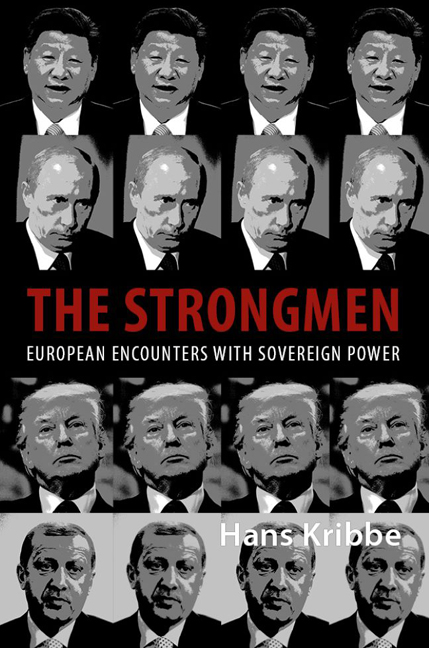6 - Putin: recognizing forbidden space
Published online by Cambridge University Press: 20 December 2023
Summary
They must have really lacked political instinct and common sense not to foresee all the consequences of their actions.
Vladimir Putin, speech on Crimea, 18 March 2014REACHING BREAKING POINT
The strongman and his guest nip at their water. They are talking, listening, joking even. At least they pretend to be. It is June 2013 and Germany's Angela Merkel and Vladimir Putin of Russia are sharing the stage at Russia's premier economic forum in Saint Petersburg, the country's great Window on the West. The setting is sublime. The stucco-fronted Neva embankments glow in the pink orange hue of the midnight sun, leaving the city frozen in a no man's land between day and night. It is a world that inexhaustibly fuels encounters in cafés, parks and restaurants.
In reality, the encounter between both leaders is less enjoyable. A row is brewing over German artworks looted by the Red Army in 1945. The relationship has been bad tempered for some time: frustrating, infuriating and sometimes barely manageable. A sense of foreboding ought to have filled the Saint Petersburg air. Instead, light-heartedness prevails. People have become used to Western and Russian politicians squabbling. Plus ça change.
But as summer slips into autumn, and autumn into winter, something does change. It happens where it always would happen: in the borderlands of Ukraine. The casus belli is an ordinary EU trade and partnership deal, about to be inked by Kiev. It is a bilateral agreement in the standard Brussels mould, part of its neighbourhood strategy towards the east. Yet the agreement triggers a chain of events that ends Europe's post-Cold War security architecture and claims over 13,000 lives.
What we witness in Ukraine is more than a shooting war; it is Europe's ethos of rules sparring with Putin's ethos of strength, specifically its proviso that special areas and “spheres” exist – forbidden space – where a duellist may not strike, compete or interfere. The domestic affairs of states, in particular elections, most obviously belong to this forbidden sphere. However, as observed already, for the duellist the ban on interference by rivals often extends beyond his own borders and into the strongman's neighbourhood.
- Type
- Chapter
- Information
- The StrongmenEuropean Encounters with Sovereign Power, pp. 111 - 132Publisher: Agenda PublishingPrint publication year: 2020



